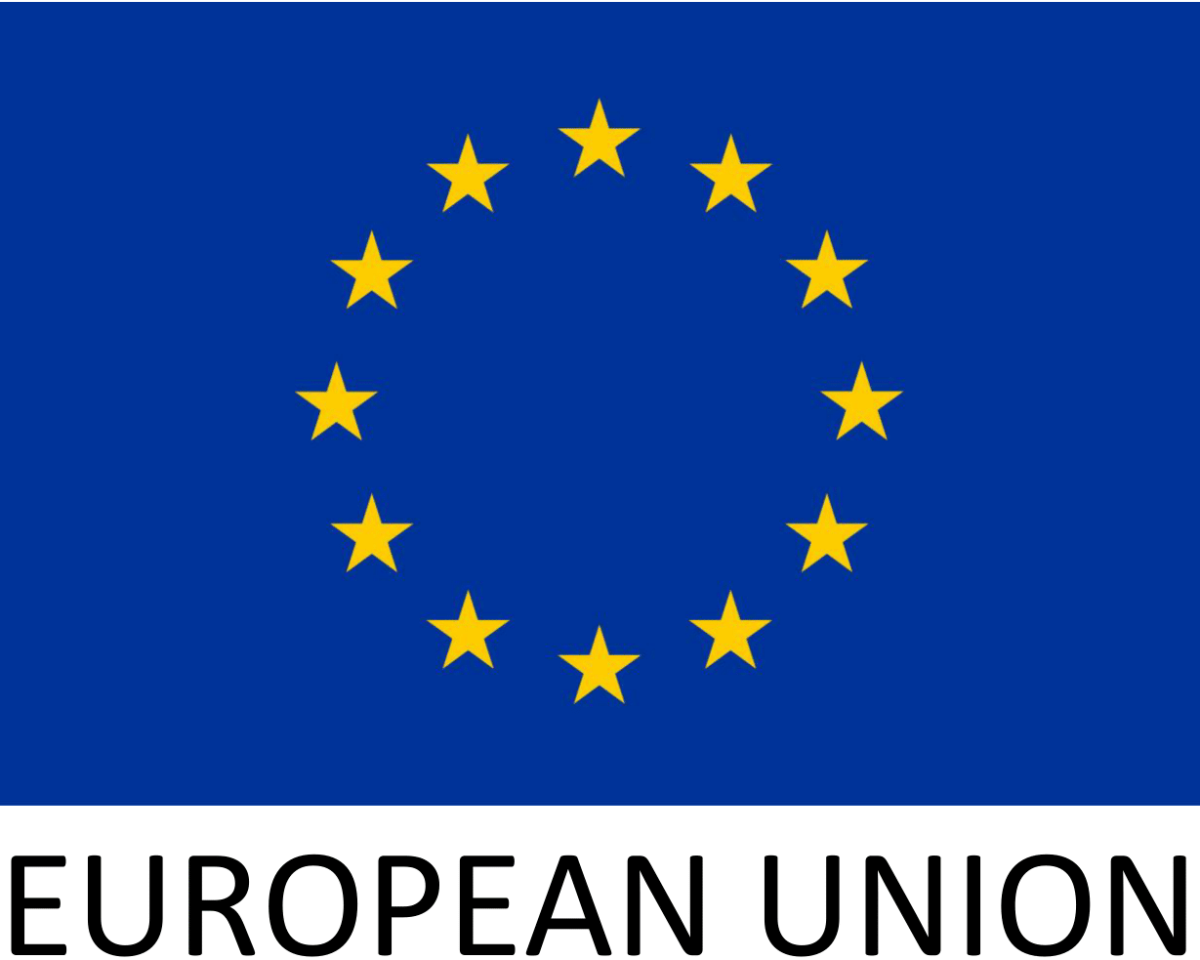MADE promotes full conformance with the Globally Harmonized System for chemical management, conformance with the Zero Discharge of Hazardous Chemicals protocol, education about HiGG FEM requirements, a phase-out of coal boiler fuel in favor of solar thermal, biomass waste products (such as rice husks and wood scrap) and, in general, resource efficient, waste-minimizing factory production systems.
Alliance Member Companies commit to achieve full compliance among suppliers with the globally harmonized system (GHS) for chemical inventory management and labelling by 31 December 2023. (GHS compliance is a legal requirement in Myanmar under the 2013 Chemical and Related Substances Act. Factories with substantial chemical storerooms are generally required to be compliant with storage, labelling and safe use requirements).
Furthermore, the climate crisis requires strong action to phase down carbon emissions. Alliance members commit to work towards a complete phase out of coal boiler fuel in Myanmar by 31 December 2025, including in the suppliers used by Member Companies.
The MADE project employs several technical staff (electrical engineers, textile engineers, chemical management specialists) focused on safe and efficient chemical management, energy efficiency, promotion of renewable energy solutions (solar PV, biomass, solar thermal, etc.), water efficiency and solid waste management.
An added benefit of technical work on energy efficiency and chemical management is expert capacity within the project for technical safety evaluations of boiler and steam systems, electrical systems, ventilation systems, chemical storeroom management practices and compressed air systems, among other areas. The project’s engineers often discover and work to remediate major safety issues in factories receiving energy audits and chemical management assessments. Many such safety issues are not observed by typical social compliance auditors, as they require more specialized equipment used by project engineers, including data loggers, thermal imaging cameras, Volatile Organic Compound spectrometers (VOC meters) and more.





